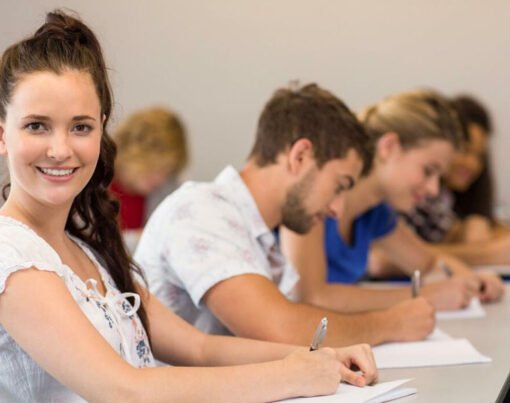Physical fitness is not only a crucial aspect of a child’s overall well-being but also plays a pivotal role in their academic success and personal development. To encourage and promote physical fitness among students, schools have increasingly turned to physical fitness challenges and competitions as effective strategies. In this article, we will explore the benefits and importance of physical fitness challenges and competitions in schools.
Table of Contents
A Holistic Approach to Education
Modern education extends beyond textbooks and classrooms; it aims to nurture students in a holistic manner. Physical fitness is an integral part of this approach. When students are physically active and fit, they tend to be more attentive, focused, and better equipped to handle the demands of their academic life. Physical fitness challenges and competitions serve as a powerful tool to achieve these goals.
They instill healthy habits in students from an early age and encourage regular exercise. Sometimes, instead of coursework writing during late evenings, or sitting in classrooms all day long, it is worth taking breaks to move, exercise, and have some fresh air. When students participate in competitions, they develop an understanding of the importance of physical activity in their daily lives. These habits often persist into adulthood, contributing to a healthier lifestyle.
Promoting Teamwork and Camaraderie
Physical fitness challenges and competitions in schools are not just about individual performance; they also emphasize the importance of teamwork and camaraderie among students. These aspects play a crucial role in personal development:
- Team Activities: Many physical fitness challenges are designed as team activities, requiring students to collaborate and support each other to achieve common goals. This fosters a sense of unity and collective responsibility.
- Sense of Camaraderie: Students participating in these challenges often develop a strong sense of camaraderie. They celebrate each other’s successes, learn from failures, and build lasting friendships.
- Interpersonal Skills: Through team-based challenges, students naturally develop interpersonal skills. They learn effective communication, conflict resolution, and how to work cohesively with diverse groups. These skills extend beyond the sports field and into various aspects of their lives.
Setting and Achieving Goals
Participating in physical fitness challenges allows students to set and strive for goals. Whether it’s completing a certain number of laps, improving their endurance, or achieving a personal best, these challenges teach students the importance of setting objectives and working towards them. This skill is transferable to academic and life goals, instilling a sense of discipline and determination.
Improving Physical and Mental Health
Physical fitness challenges are a direct means of improving the physical health of students. Regular physical activity boosts cardiovascular health, strengthens muscles and bones, and helps maintain a healthy body weight. By engaging in these challenges, students reduce the risk of health issues such as obesity, heart disease, and diabetes, which can have a profound impact on their overall quality of life.
Physical fitness challenges and competitions can significantly boost a student’s self-esteem. When students achieve their fitness goals or perform well in a competition, they gain a sense of accomplishment and self-worth. This confidence often translates into other areas of their lives, improving their overall well-being.
While the term “competition” may sometimes carry a negative connotation, healthy competition can be highly beneficial. Physical fitness challenges and competitions introduce students to the concept of healthy competition, where the focus is on personal improvement rather than defeating others. This can teach students the value of sportsmanship and fair play.
Variety of Activities
Physical fitness challenges and competitions can encompass a wide variety of activities. From traditional sports like soccer, basketball, and track and field to more unconventional activities like obstacle courses and dance-offs, there is something for everyone. This variety ensures that students can find an activity that suits their interests and abilities, making fitness more inclusive.
Competitions in schools are typically designed to be inclusive and accessible to all students, regardless of their fitness level or abilities. This inclusivity fosters a sense of belonging among students and ensures that everyone has the opportunity to participate in and benefit from these activities.
Supporting Academic Success
Physical fitness is not only about promoting physical health but also supporting academic success. Numerous studies have shown a positive correlation between physical fitness and academic achievement. Students who engage in regular physical activity tend to have improved concentration, better memory, and perform more effectively in the classroom.
The Bottom Line
Physical fitness challenges and competitions in schools offer a multitude of benefits that extend beyond the sports field. They promote healthy habits, teamwork, self-esteem, and resilience while supporting academic success and personal development. Encouraging students to be physically active from a young age helps them establish lifelong fitness habits. Schools should continue to embrace these challenges as an integral part of a holistic education, nurturing both the body and the mind.










